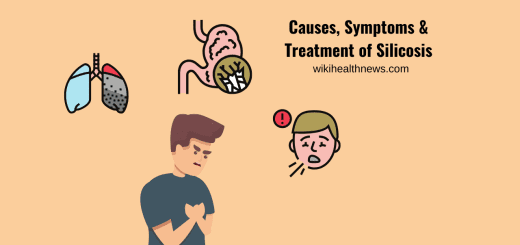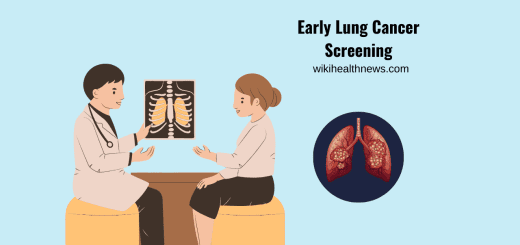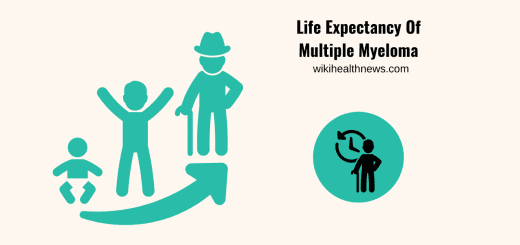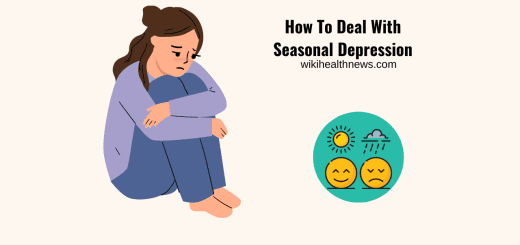Insomnia: Causes, Symptoms, and Remedies
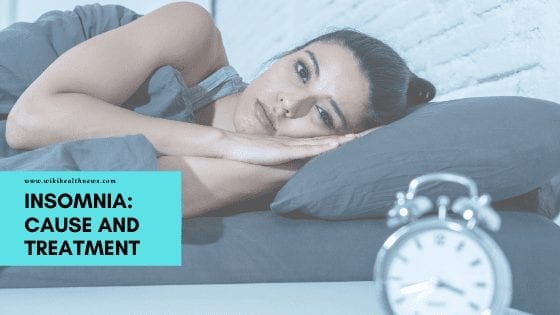
What is Insomnia?
Insomnia is difficulty falling asleep or staying asleep, even when a person has the chance to do so. Serious medical and psychological diseases have been found with sleep deprivation. Sleep quality can be a tool for the assessment of disease. Certain sleep disorders are common in many endocrine diseases. Excess growth hormone can cause sleep apnea, Release of fertility hormones FSH and LH vary with sleep according to gender and stage of maturity. Before puberty, there is a daytime pulsatile release of these hormones, which is augmented with sleep onset. At the onset of puberty, there is increased nocturnal release of luteinizing hormone (LH) and follicle-stimulating hormone (FSH) pulses.
What are the symptoms of Insomnia?
- Fatigue
- Low energy
- Difficulty concentrating
- Mood disturbances
- Decreased performance in work or at school.
What is the most common sleep problem?
Insomnia is the most common sleep problem, with many adults reporting occasional insomnia, and in 10–15% it is a chronic condition.
What is acute Insomnia?
Acute insomnia is brief and often happens because of life circumstances when you can’t fall asleep . Example: the night before an exam, or after receiving stressful or bad news . Many people may have experienced this type of sleep disruption, and it tends to resolve without any treatment.
What is chronic insomnia?
Chronic insomnia is disrupted sleep that occurs at least three nights per week and lasts at least three months.
Chronic insomnia : Does it improve with treatment?
Chronic insomnia may benefit from some form of treatment to help them get back to healthy sleep patterns. So you should meet the doctor.
What are the effects of diet on sleep?
Some clinical studies shows that :
- High carbohydrate diet induces shorter onset to sleep and longer duration sleep than a high fat diet.
- Micronutrients and macronutrients are needed to promote quality sleep.
- A varied diet containing fresh fruits and vegetables, low saturated fat, and whole grains may be optimal for individuals seeking to improve sleep quality.
What percentage of general population suffer from sleep disruption?
It is estimated that 30 percent of the general population complains of sleep disruption.
What are the risk factors for insomnia?
Insomnia can occur at any age, and is more likely to affect women than men.
- High levels of stress
- Emotional disorders, such as depression or distress, related to a traumatic life event
- Traveling to different time zones: Jet -lag
- Certain medical conditions
- Sedentary lifestyle
- Changes in work hours or night shifts
What is sleep hygiene training?
Sleep hygiene training may be recommended. Sometimes, behaviors that interfere with sleep are causing insomnia. Sleep hygiene training can help you change some of these disruptive behaviors, such as:
- Avoiding caffeinated beverages near bedtime.
- Avoiding exercise near bedtime.
- Minimizing time spent on watching TV or surfing the web at bedtime.







